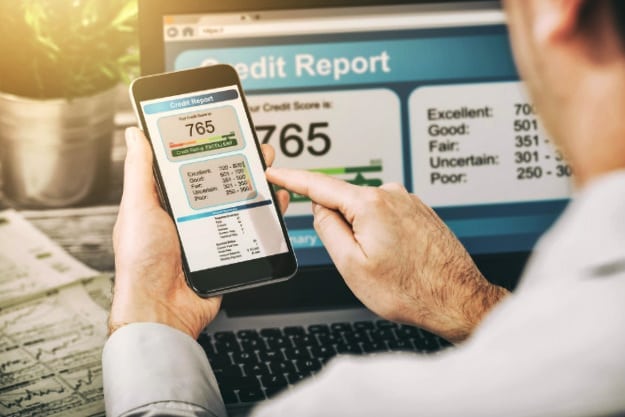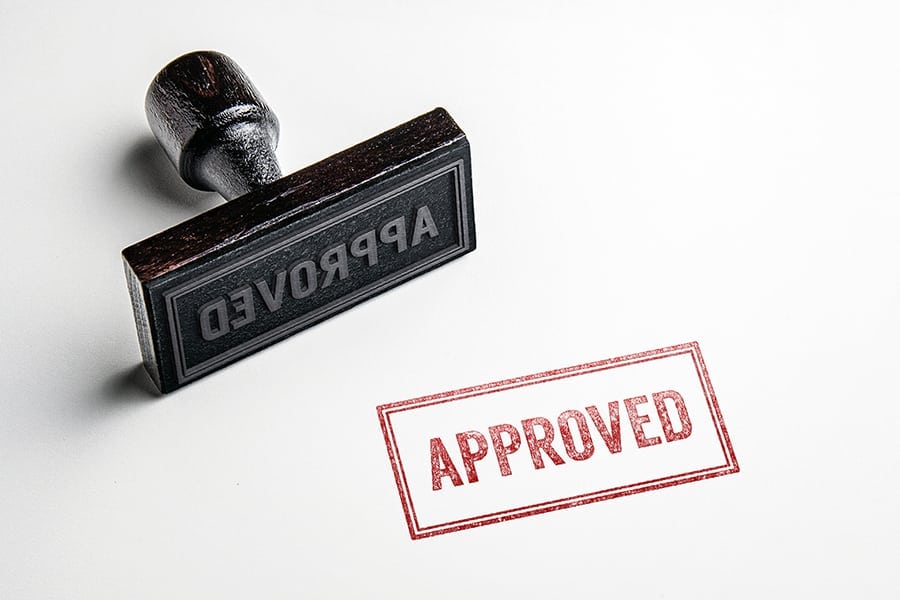Not sure how to get a loan with bad credit?
Should you even consider taking out another loan to pay off your original student loans?
Get the answers to these questions and more below.
How to Get a Loan With Bad Credit
This post was originally by FinancialWellness.org and has been shared with permission
Although it may seem to be impossible to acquire the funds you need with a poor credit history, opportunity loans do exist.
These personal loans can provide specific benefits over traditional student loans.
For example, by using a personal loan to pay off your student loan debt, you can release any cosigners you may have from these obligations.
Further, sometimes payment plans for personal loans are more rigid, giving you peace of a mind through a fixed interest rate and fixed repayment term.
Additionally, these personal loans can be applied to more than just your student loans, should the need arise.
This flexibility is something student loans, with their set purpose, do not allow.
When in debt, people often desire the capability to re-prioritize their limited finances as needed.
That’s an assurance a personal loan can give over a student loan.
However, now the real question remains: How do I get a personal loan with bad credit?
Luckily, even if you have bad credit history, you should be able to secure a loan for student loan repayment.
Not sure where to start?
We’ll walk you through the necessary factors to consider!
1. Credit Score

To qualify for a loan, you need to obtain your credit score.
A credit score is a three-digit code which is based on your credit history.
Lenders refer to it when you apply for credit or a loan.
You can get your credit score through your credit card issuer or your bank for a minimal fee, or sometimes for free.
2. Qualifications of a Bad Credit Score
Understanding what qualifies as a bad credit score is essential in obtaining a loan.
The best score you can achieve is an 850.
However, this can be hard to achieve, especially when you are at a young age trying to get your first loan.
That’s why lenders usually approve a loan when you have a credit score of at least 620.
Your credit score is one of the qualifiers to get you a loan.
Still, this is not the only factor.
Also, there is your credit history, your current debt, and your current income.
3. Sustain a Steady Income

Lenders look at your ability to pay your current debts promptly.
Debts like rent, credit card, utilities, and others.
These lenders will also consider your employment.
If you have been employed for at least two years with a steady income, this will show them if you can realistically repay your debts.
4. Diminish or Eradicate Your Debt
Reducing your debts is always a good practice.
Debts arising from credit cards and student loans can affect your credit score.
Settling at least the minimum amount of your student loan or credit card has a positive effect on your credit score.
Fortunately, if you’re using a personal loan to pay off your student loan, at least this debt should be taken care of.
Outside of this obligation, attempting to pay other monthly fees fully will put you in good standing.
Organize your debt payments to determine which one needs priority, then focus on your other debts.
5. Pay More Interest on Mortgage
Lenders can extend you a sub-prime mortgage if you’ve previously experienced lousy credit or a low credit rating.
Sub-prime mortgages have a higher interest rate to make up for the higher loan risk when they offer you this loan.
Of course, the higher your credit rating, the lower the interest they will offer you for the mortgage.
Want to see the full article?
Click here to read the full article on FinancialWellness.org
You may be amazed by the number of opportunities available to secure a loan with bad credit – and how you can then apply it to your student loans.
The key to ultimately paying off your student loans is to know there are many options available to you, no matter what your financial situation is.
Practice good money management, which includes paying all debts, and you’ll be able to set yourself financially free in no time.
Credit scores play a significant role in getting a loan. Share your tips on how to improve your credit score, even with unstable finances, in our comments section.
Up Next: How To Consolidate Private Student Loans | Loan Consolidation Guide

Leave a Reply